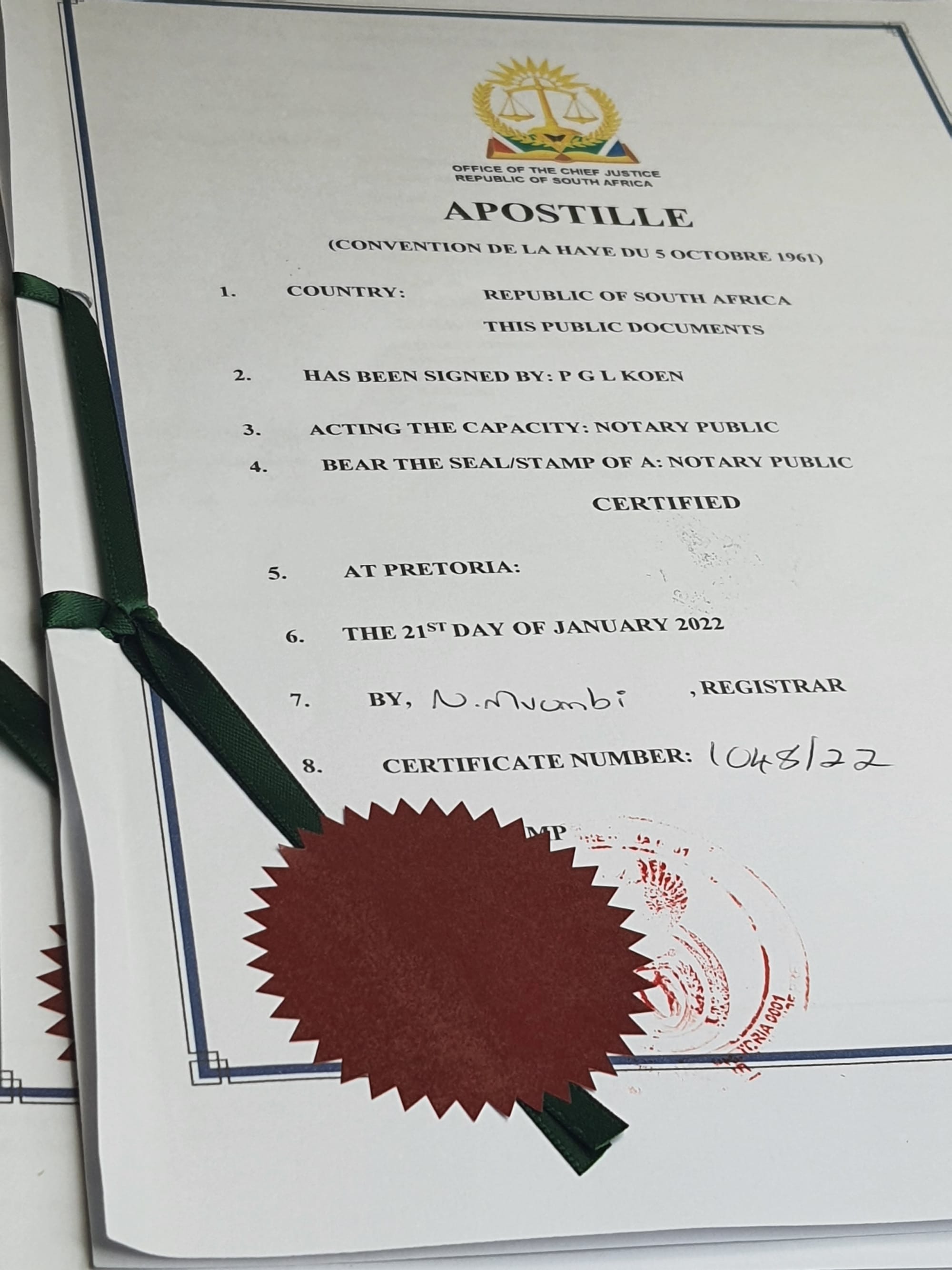What does Apostille mean?

The Apostille of the Hague is a stamp that proves that a document obtained in a country is true and, therefore, must be recognized and accepted as valid in another. The apostille process consists of placing on an official document, or an extension thereof, an Apostille or annotation that will certify the authenticity of the signature of the public documents issued in a signatory country of the XII Hague Convention, of October 5 1961, which abolishes the requirement of legalization of foreign public documents that must take effect in another signatory country.
Thus, documents issued in a signatory country of the Convention that have been certified by an Apostille must be recognized in any other country of the Agreement without the need for another type of authentication.
List of Signatory Staes to the Hague Apostille Conventionof October 1961
The stamp of the apostille – or apostille – may vary in design, size or color between countries. The essential for its validity is that it be placed by a competent authority according to the laws that regulate this issue in each one of the signatory countries of the Hague Convention or that adopted that treaty later.


